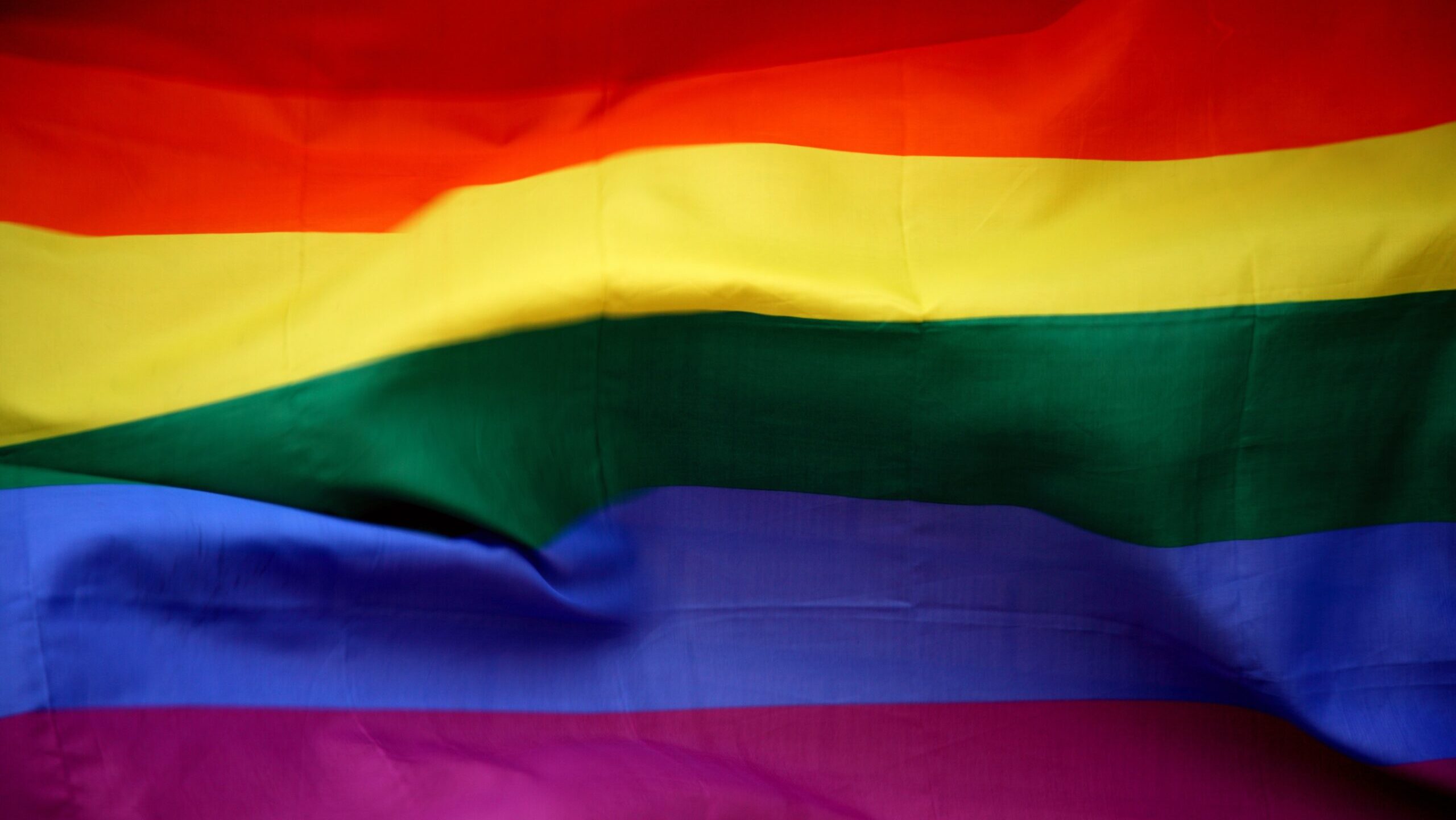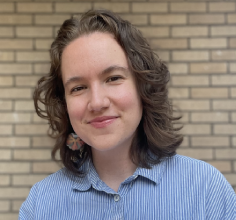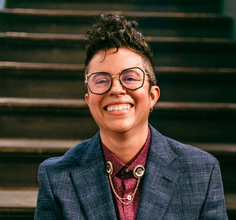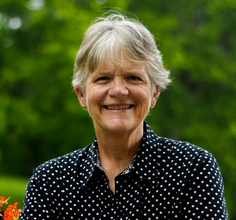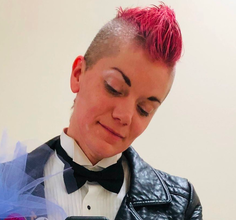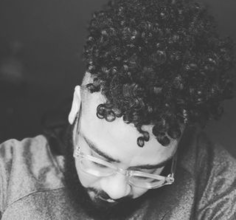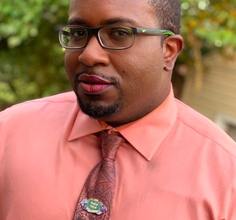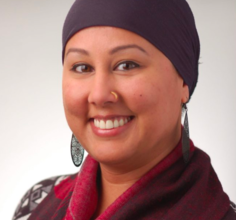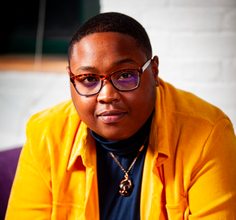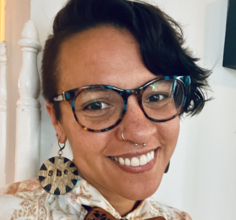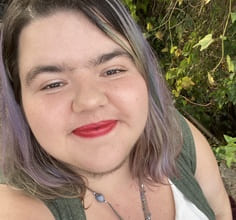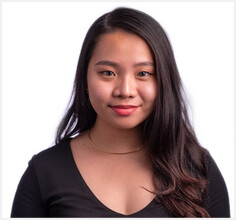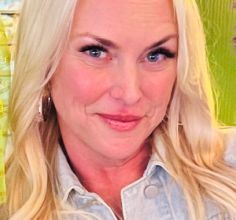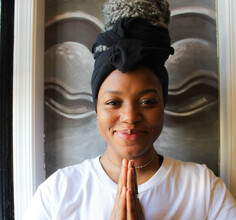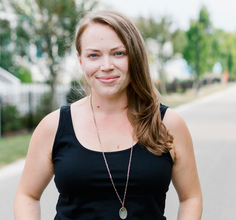With pride month just beginning, many polyamorous people are once again revisiting the question: does polyamory have a place at pride? The topic has been debated over and over among polyamorous people, queer communities, educators, reporters, and more. While one more blog post from a polyamorous person certainly won’t put the conversation to bed once and for all, it’s a challenge I have seen clients grapple with and feels worthy of continued attention this year.
Firstly, I think it’s so important to point out how fraught and painful this year of pride will be for too many people across the country. Recent horrifying developments in politics have seen people stripped of the right to perform in drag or even have transgender children removed from their homes. It is hard to know when or if the barrage of hateful laws attempting to revert the country back to pre-Stonewall levels of acceptance for queerness will end and those who must see this pride through in silence and fear deserve so much better.
So where does this leave polyamory in the pride discussion? Many say that they do not believe polyamorists should be included in pride celebrations. Sure, those who hold queer identities (which many polyamorists do) are welcome to join in for those aspects of themselves but polyamory itself should take a backseat. While there are many people in the polyamorous community who certainly do not belong at pride as they maintain homophobic or transphobic views (seriously? Do better.), I personally believe that polyamory does deserve a shot at inclusion in pride celebrations.
Pride started as a response to oppression and brutality against the gay community. It was only a few short decades ago that the colorful, lavish parades popular today were much smaller marches of brave souls demanding protection under the law and justice for destroyed lives of friends, family, and lovers. While those hosting pride have not always done the best at inclusivity (lack of attention to disability access, racial discrimination, etc.) the roots of pride were based on the ideals that love should be legal and acceptance for gender, sexual, and relational orientation should not be the exception but the rule. It’s this core spirit of pride which drives me to believe that polyamory should be welcomed into the fold. Polyamorists are not protected by the law. People have been discriminated against socially, economically and legally for having multiple relationships and there are very few places in the country where polyamorous acceptance has been codified. As a bi, poly person myself I can say that I absolutely have experienced more pushback for my polyamorous identity than my bisexuality. If pride is about uplifting those who need community and support for their non-normative ways of loving or existing, I would certainly say polyamory fits the bill.
Some argue that polyamory should be excluded on the basis of it being a choice. Not all polyamorous people agree that their polyamory is by choice. Yes, the ways in which relationships are specifically conducted are, however, some believe that non-monogamy is an intrinsic part of who they are. Even if it is a choice, that does not take away the real consequences that exist from cultivating multiple romantic relationships in a society that strongly disapproves of such behavior.
Those attending pride who are polyamorous absolutely must be in line with the ideals of pride and supporting queer people. It is not an excuse for cishet people to show up and claim a seat at the table while shoving down LGBTQIA+ people. If polyamorists are going to show up, we must show up in solidarity and support of other oppressed people. We must recognize that not all spaces at pride are spaces for us unless we specifically belong to those branches of the queer umbrella. We have to use the pieces of privilege that we do have to amplify the voices that need to be heard. If we can do all of that, I think it’s safe to say that polyamorous people would be a valuable addition to a community meant to stand against oppression and celebrate different ways of loving and living with pride.

